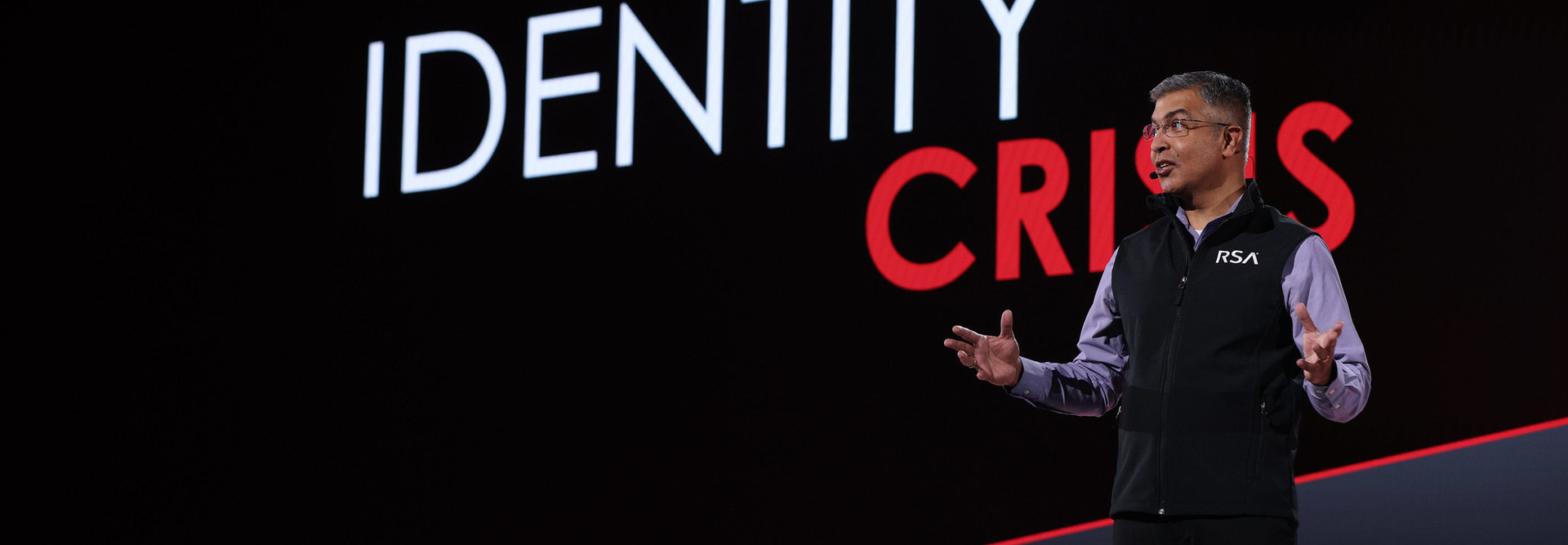What to Expect at RSA Conference 2023
RSA Conference has blossomed into a four-day affair that annually draws tens of thousands of security and business professionals, journalists, analysts and others to San Francisco. At RSA Conference 2023, a diverse group of speakers will discuss the latest attack tactics, the emerging solutions to defend against them and much more.
EXPLORE: How to keep ransomware at bay with an effective backup strategy.
Deputy Attorney General Lisa Monaco will join well-known cybersecurity expert Chris Krebs to discuss the ways autocracies are leveraging cyberthreats to menace U.S. national security — and what the government is doing about it.
Country music star Chris Stapleton will join panel discussion about how cybersecurity is affecting the music industry. And theoretical physicist Michio Kaku will explore the changes likely in store for the world over the next 50 years.
But no topic will be discussed more than the rapidly growing role of AI in the world of cybersecurity.
Identity Tech’s Next Phase Is All About AI
Ghai said identity technology is entering the “third wave” of its evolution. The first was the development of the internet, where security’s role was to make connections safer. The second was mobility and the demand for convenience. “Everything was about making things easier,” he said. “We catered to users’ love of convenience and enabled single-sign on, biometric authentication and access management.”
AI is the third wave, “and we can all sense it’s cresting,” he said. Noting that AI can now write polymorphic malware, Ghai said AI is moving quickly from “an application-level technology into a platform capability,” one being used by both the cyberdefense industry and cybercriminals.
LEARN MORE: How zero-trust architecture improves data protection.
The Identity Defined Security Alliance found that 84 percent of organizations reported an identity-related breach in 2022.
In the new era of AI-driven threats, organizations will need tools more advanced than identity and access management platforms to authenticate identity. “We need to think of identity tech as a sequence of decisions: who should have access, why, when and to what? We need insight to inform those decisions, insight and meaning that is derived by reasoning over data.”
He added that “building our platforms from data will provide us with the superhuman insights, expertise and decision support that cybersecurity will need to protect a growing attack surface.”
Keep this page bookmarked for articles and videos from the event, follow us on Twitter @BizTechMagazine and join the event conversation at #RSAC.













